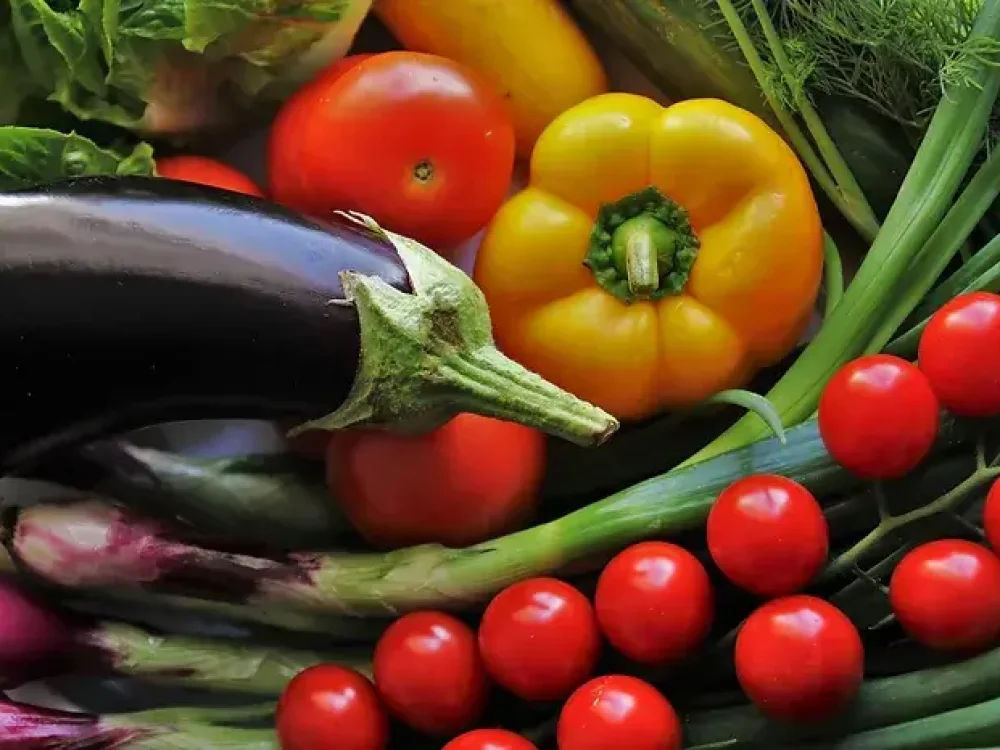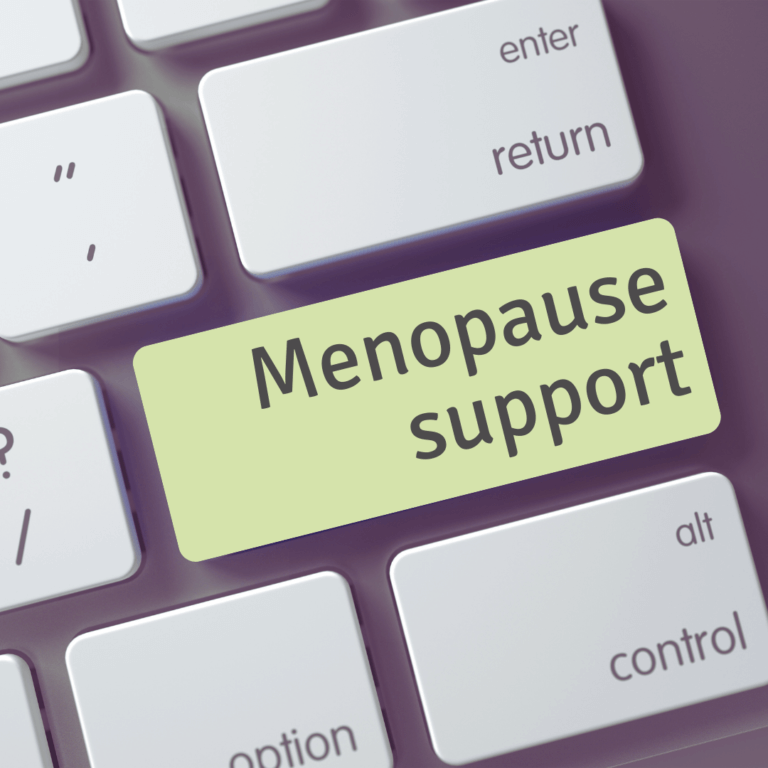A vegan diet includes only plant foods. In other words, no meat, fish, eggs, dairy or honey. A healthy vegan diet is made up of plenty fruit and vegetables, basing meals around wholegrain starchy foods, consuming some beans, pulses, and other plant-based proteins and including some dairy alternatives foods each day.
Vegan diets have been associated with various health benefits such as reducing obesity, helping to maintain a healthy heart, improving blood sugar control and reducing the risk of type 2 diabetes and reducing the risk of some cancers. However, such benefits are not just seen with vegan diets. Diets that include mainly plant based foods and wholegrains, and are low in meat products, added sugars and refined grains, are also associated with many health benefits.
When compared with a typical Western diet, a vegan diet tends to be higher in fibre, potassium, magnesium, folate and vitamins A, C and E, as well as being higher in antioxidants and beneficial plant compounds.
Achieving adequate intakes of some nutrients are more challenging with a vegan diet. These include vitamin B12, vitamin D, long-chain omega-3 fatty acids, calcium, iron, zinc and iodine. Its also worth noting that your genes and gut bacteria may influence your body’s ability to obtain the nutrients it needs from plant foods. This means that some individuals may be better equipped to thrive on a vegan diet.
KEY NUTRIENTS
Vitamin B12
This vitamin is essential for a healthy nervous system and making red blood cells. Too little vitamin B12 can lead to anaemia, infertility, nervous system damage, bone disease and heart disease. General symptoms of vitamin B12 deficiency include irritability, disturbed vision, pins and needles, mouth ulcers, a sore and red tongue and a pale yellow tinge to your skin. Most vegans consume enough vitamin B12 to avoid anaemia and nervous system damage, but many do not get enough to reduce the potential risk of heart disease. Vegans should include yeast extracts such as Marmite, and fortified foods and drinks such as breakfast cereals and plant based drinks. A supplement of vitamin B12 is also recommended by the Vegan Society – either a daily vitamin B12 supplement of at least 10µg or a weekly B12 supplement of at least 2000µg.
Vitamin D
Vitamin D is needed to regulate the amount of calcium and phosphate in the body and so is essential for healthy bones, teeth and muscles. We get most of our vitamin D from being outside in sunlight. There are only a few foods that naturally contain vitamin D and these are mainly non-vegan (e.g. oily fish, red meat and eggs). Some foods are fortified or enhanced with vitamin D such as breakfast cereals, breads, plant-based drinks, spreads and mushrooms. A vitamin D supplement will help ensure adequate intakes. When choosing a vitamin D supplement, vitamin D2, and vitamin D3 that is derived from lichen are suitable for vegans. Vitamin D3 can also be made from an animal source such as sheep’s wool.
Omega-3 fatty acids
Alpha-linolenic acid (ALA) is also referred to as an essential omega-3 fatty acid, as we need to get it from our diet. Dietary sources include flaxseeds, chia seeds, walnuts, hemp seeds, rapeseed oil and some soya-based foods. The body can convert ALA into the long-chain omega-3 fatty acids EPA (eicosapentaenoic acid) and DHA (docosahexaenoic acid). It’s these long-chain omega-3 fatty acids that are particularly beneficial for heart health, eye health and brain development. Unfortunately the body is not very efficient at converting ALA into EPA and DHA, with some studies suggesting this conversion may be as lower than 5%. A good quality supplement of long-chain omega-3 (EPA and DHA) from algae are readily available for vegan’s who are concerned about their omega-3 intakes.
Calcium
Calcium is needed for healthy bones and teeth. It also plays a role in muscle function, nerve signalling and heart health. Although there are a variety of plant sources of calcium, studies seem to suggest that most vegans don’t get enough calcium. Good vegan sources of calcium include calcium-fortified, unsweetened plant based drinks, calcium-set tofu, sesame seeds and tahini, pulses, brown and white bread, dried fruit and some dark green leafy vegetables such as kale.
Iron
Iron is necessary for the production of red blood cells. Symptoms of iron deficiency include fatigue and a decreased immune system. There’s plenty of plant sources of iron such as baked beans, kidney beans, lentils, chick peas and garden peas, wholemeal bread and flour, fortified breakfast cereals, dark green leafy vegetables, nuts and dried fruit. heck out my other blog post for the best plant sources of iron here. Non-heam iron from plant sources is less well absorbed by the body than heam iron found in meat. Vitamin C helps the body absorb non-haem iron, so having foods and drinks rich in this vitamin (e.g. fruit, vegetables and potatoes) will enhance iron absorption.
Zinc
Zinc plays a key role in immune function and repair of body cells. There’s few plant sources of zinc and absorption of zinc from some plant foods, such as wholegrains and beans, is limited due to their phytate content. Useful vegan foods to include for obtaining zinc are chickpeas, lentils, tofu, pumpkin seeds, cashew nuts, chia seeds, linseed, walnuts and quinoa.
Iodine
Iodine is necessary for a healthy thyroid function, which controls metabolism. A low intake of iodine may cause your thyroid to work harder to keep the correct amount of hormones in your blood and result in hypothyroidism. Symptoms include low energy levels, dry skin, tingling in hands and feet, forgetfulness, depression and weight gain. Iodine levels in plant foods depend on the iodine in the soil where they were grown. Foods grown on coastal areas, tend to be higher in iodine. Small amounts of seaweed can contribute to iodine intakes, but seaweed or kelp supplements should not be used as an iodine source as the amount can vary considerably from the value claimed on the label and can provide excessive quantities of iodine. Some plant milk alternatives are now fortified with iodine.
IN SUMMARY
A well planned vegan diet can meet all nutritional requirements. However, particular attention should be given to ensure adequate intakes of the above nutrients. Vegans may also benefit from taking supplements of vitamin B12, vitamin D and long-chain omega-3s.





